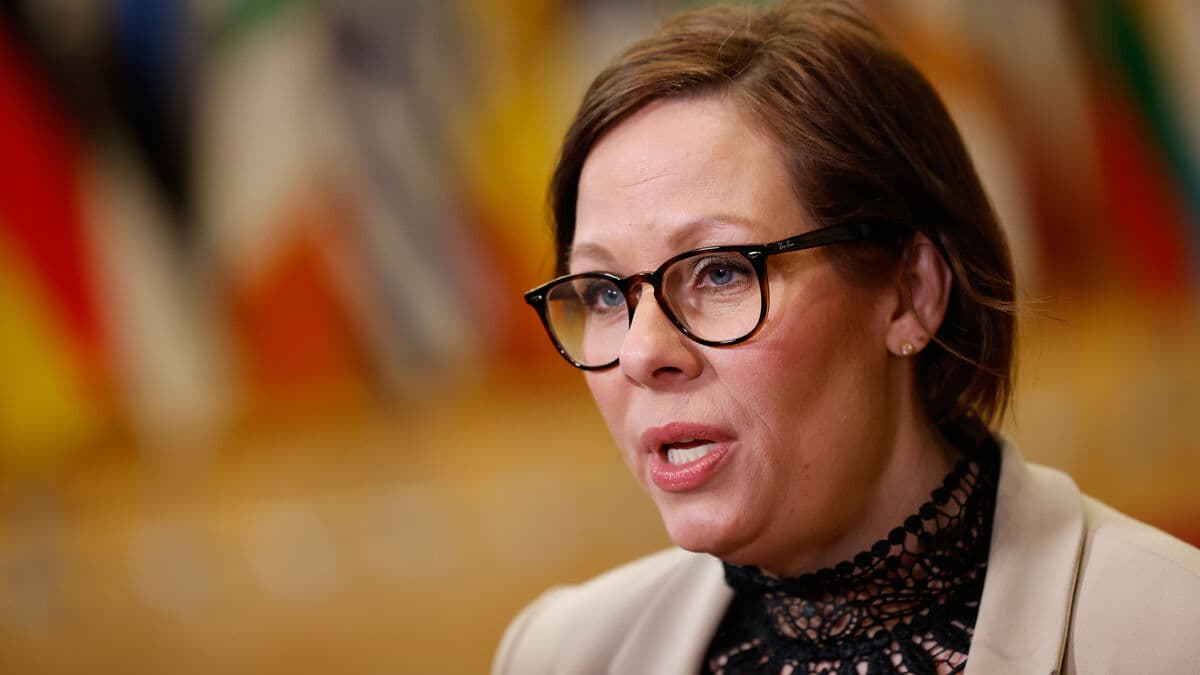This is shown by a new study from Karolinska Institutet.
"Our results suggest that the progress made in heart failure treatment over the past decades has reduced mortality in heart failure, both at the population level and for individual patients. This is an encouraging message," says Gianluigi Savarese, associate professor of cardiology and one of the co-authors.
However, despite the reduced mortality, heart failure is still a chronic and serious disease. 25 percent of all those who received the diagnosis in 2022 had died within a year. According to the study, it was primarily patients with reduced left ventricular function who benefited from the improvements. For these, more treatments have been developed in recent years.
According to Professor of Heart Diseases Lars Lund, this is a "strong" reduction in mortality. In an interview with Vetenskapsradion, Sveriges Radio, he simultaneously emphasizes that heart failure is an incurable disease.
Considering it is a chronic, serious, and deadly disease, one must consider the reduction as significant, but the remaining risk is, of course, very unfortunate, he says.
The study is published in the European Journal of Heart Failure.






